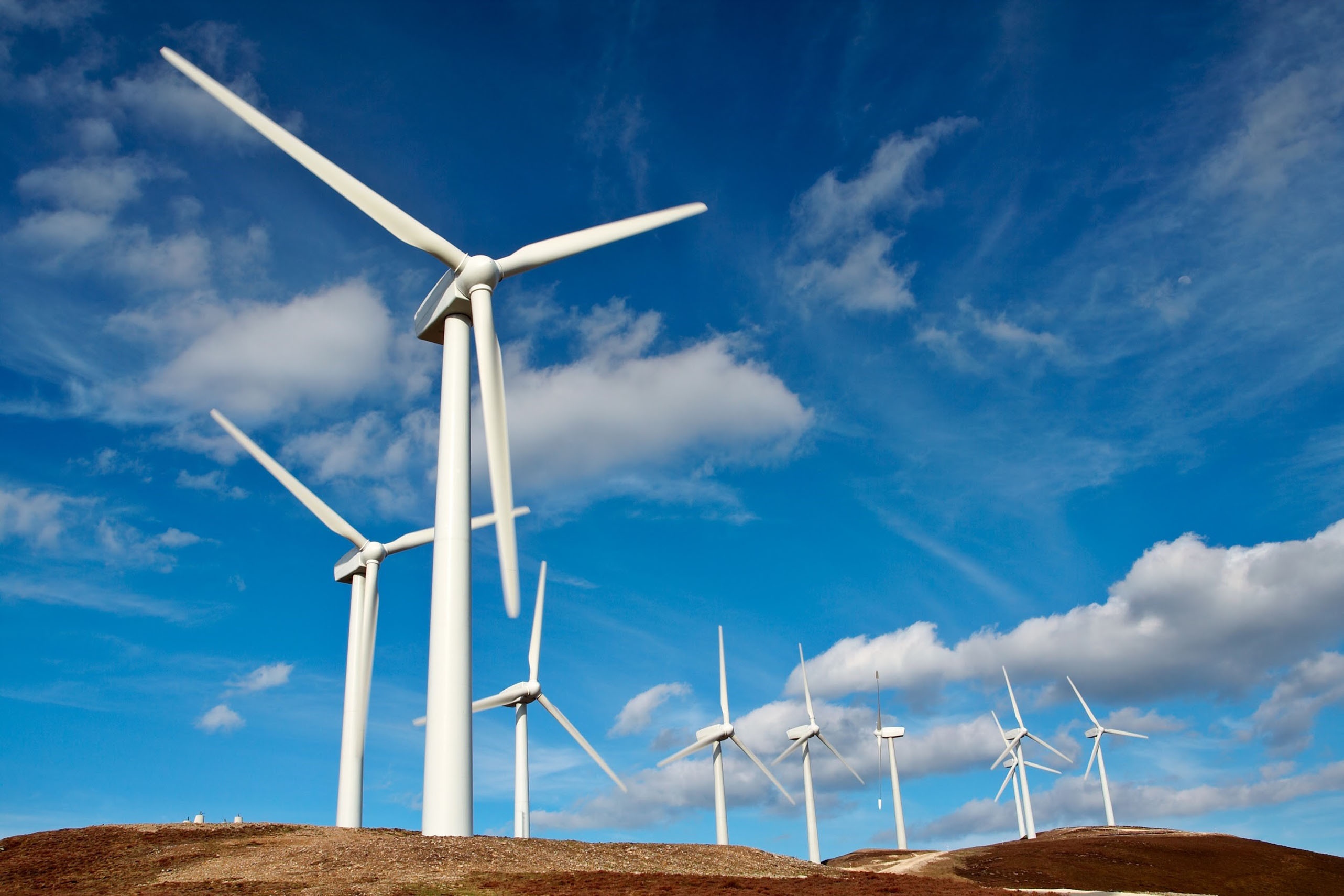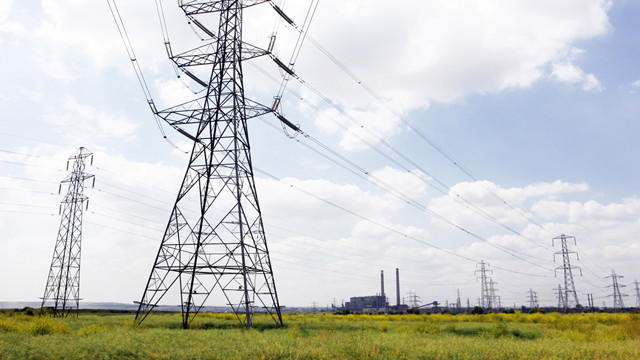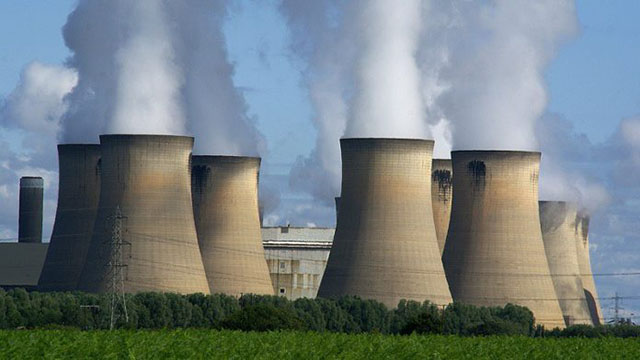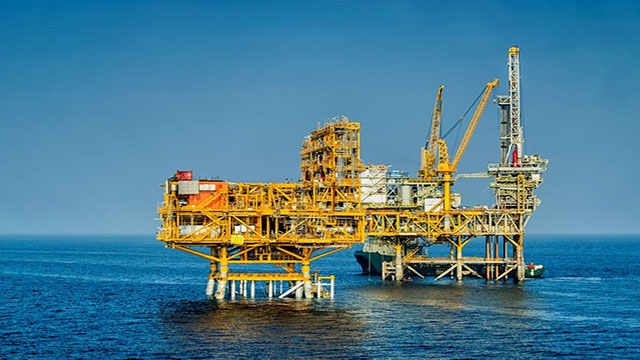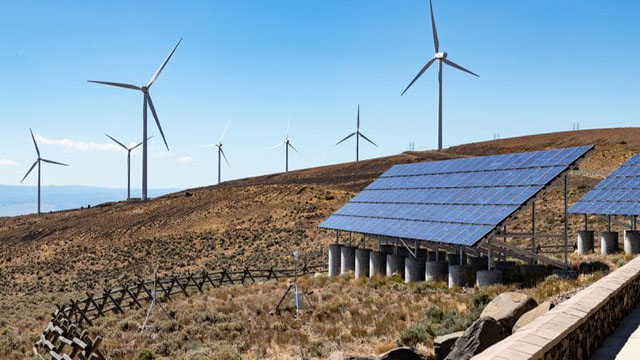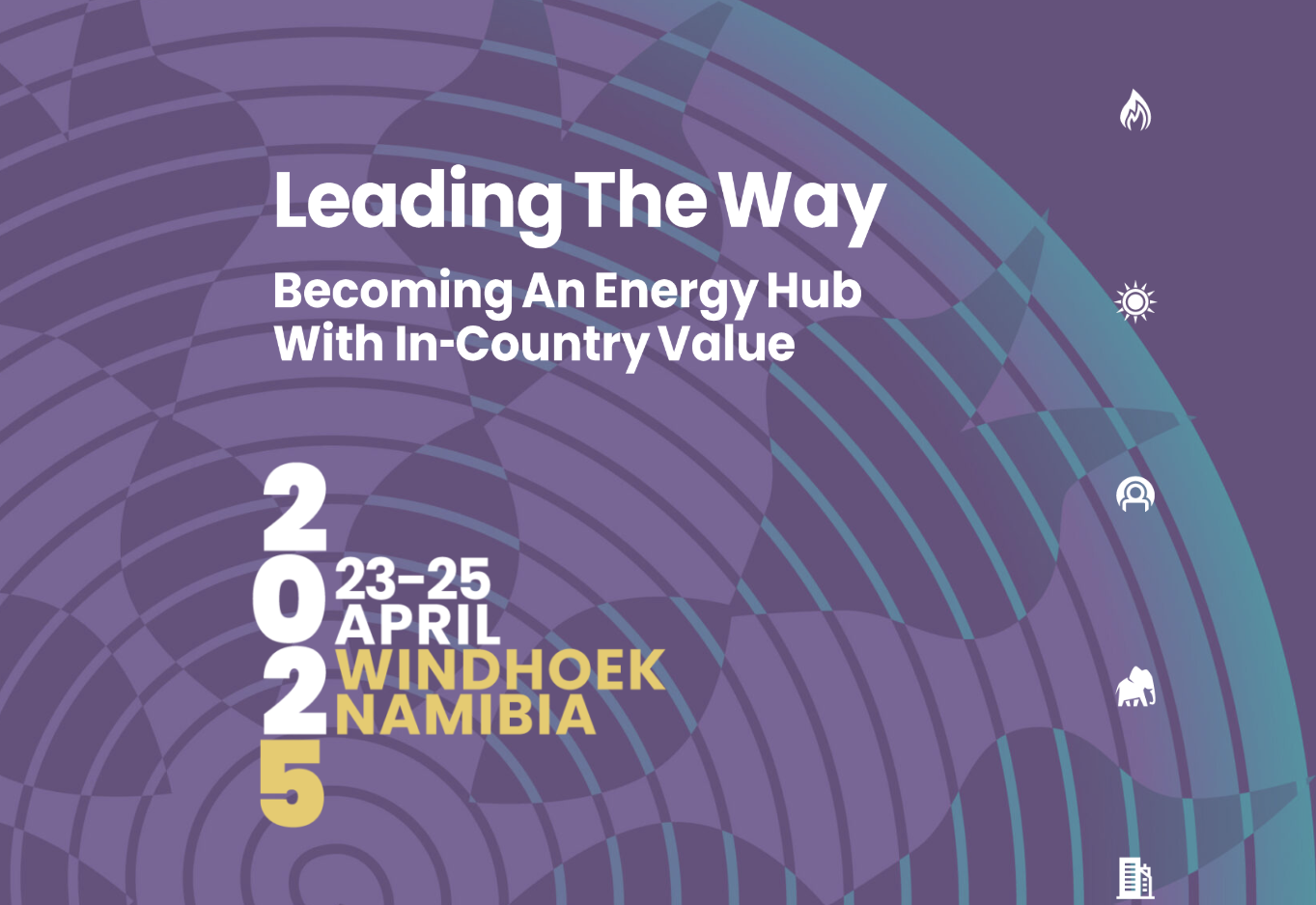Home
Welcome to the official website of the Namibia Energy Institute (NEI). The institute represents the Namibia University of Science and Technology's dedicated commitment to serve as a national information resource base for sustainable energy use and management
NUST and Tshwane University of Technology (TUT) are exploring synergies to pursue collaborative multi-disciplinary research focused on low-carbon energy solutions. This partnership is being spearheaded by NUST’s Namibia Energy Institute (NEI) and TUT’s Hub of the AI Institute of South Africa (AIISA). Both institutions are committed to harnessing innovative technology to drive sustainable development, particularly in the energy sector.
SOLTRAIN+ Conference taking place during the 2024 SADC Sustainable Energy Week from 24 to 28 February 2025, Gaborone, Botswana
The Namibia Energy Institute (NEI) is pleased to invite students enrolled in Master’s and PhD programmes to apply for bursaries in the field of renewable heating and cooling, with a particular focus on solar thermal energy. This opportunity is available through the Southern African Renewable Heating and Cooling Training and Demonstration Initiative (SOLTRAIN+) project. The SOLTRAIN+ project is a regional initiative and a logical extension of the previous SOLTRAIN project. Funded by the Austrian Development Agency (ADA), the project has been implemented through six SADC partners, with NUST-NEI serving as Namibia's implementing partner since the project’s inception in 2009.
--> For inquiries, please contact the SOLTRAIN+ focal person, Ms. Helvi Ileka on Tel: 061 207 2551 or email hileka@nust.na
The Namibia International Energy Conference (NIEC) is Namibia’s premier and highly anticipated energy event. The 7th edition of this distinguished conference is set to take place from 23–25 April 2025 at the Windhoek Country Club Resort, Windhoek, Namibia. With the theme ‘Leading The Way: Becoming An Energy Hub with In-Country Value,’ the event will bring together government decision-makers, industry leaders, investors, and the business community to drive industry growth as well as to focus on the key milestones and strategic moves toward establishing Namibia as a leading energy hub.
Conference Details: https://www.nieconference.com/niec-2025/
Venue: Windhoek Country Club Resort, Windhoek, Namibia
Date: 23 – 25 April 2025
Registration: https://www.nieconference.com/registration-information


